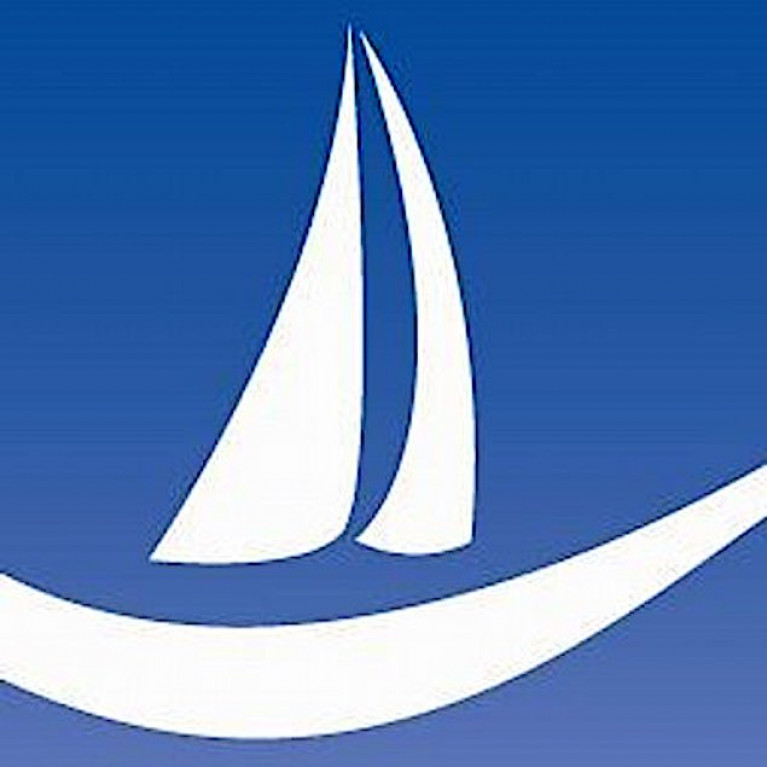The European Economic and Social Committee (EESC), an official advisory body of the European Union, published its opinion on Transport and Tourism in 2020 and beyond. It recommends policy measures to help the boating and nautical tourism sector in its recovery and return to growth after COVID-19.
The opinion was adopted by the plenary of the European Economic and Social Committee (EESC) on 18th September with a majority of 217- 2 [1]. The body, representing employers, workers and civil society forms an integral part of the EU’s decision-making process through its recommendations.
Led by rapporteur Panagiotis Gkofas, the opinion calls for measures to support the tourism and transport sector survive and recover from the impact of COVID-19. This includes calls for a harmonised approach to travel restrictions, a strategic plan to implement economic and other support measures and tax relief for businesses. The opinion also includes several measures specific for the boating and nautical tourism industry that EBI has been calling for.
- Recognition and support to tourism sectors offering non-mass and outdoor tourism, such as nautical tourism, to speed up recovery of the wider tourism sector and protect jobs
- Support and promotion of international trade opportunities for sectors connected to tourism that have been impacted by COVID-19, such as boat-building
- Changes to the EU VAT Directive allowing a reduced VAT rate to be applied for boat charter and marinas at national level
- Funding for the environmental and digital transformation of tourism and its infrastructure
- Development of cross-border routes for nautical tourism and funding for tourism marketing
- Public funding and guidelines for the safe organisation of trade fairs
- Comprehensive approach for skills and qualifications and mutual recognition of licences for skippers of small commercial vessels
Commenting on the EESC opinion, EBI Secretary-General Philip Easthill said “We are delighted to receive such a positive endorsement and push by the European Economic and Social Committee for the tourism sector and nautical tourism sector in particular. The exchange that we have had with the EESC in advance of this opinion is an example of how crucial the dialogue between industry and policy-makers is at this time. It helps develop suitable policy measures to support companies, protect jobs and those regions reliant on the boating industry. We call on the EU institutions and EU countries to follow the recommendations and put the sector on track for a strong recovery in 2020 and beyond.”





























































